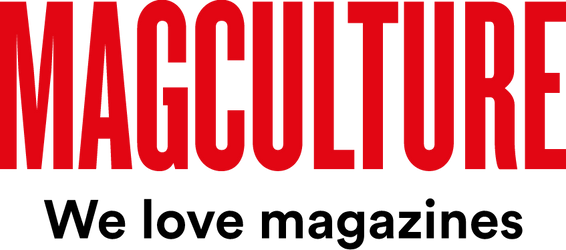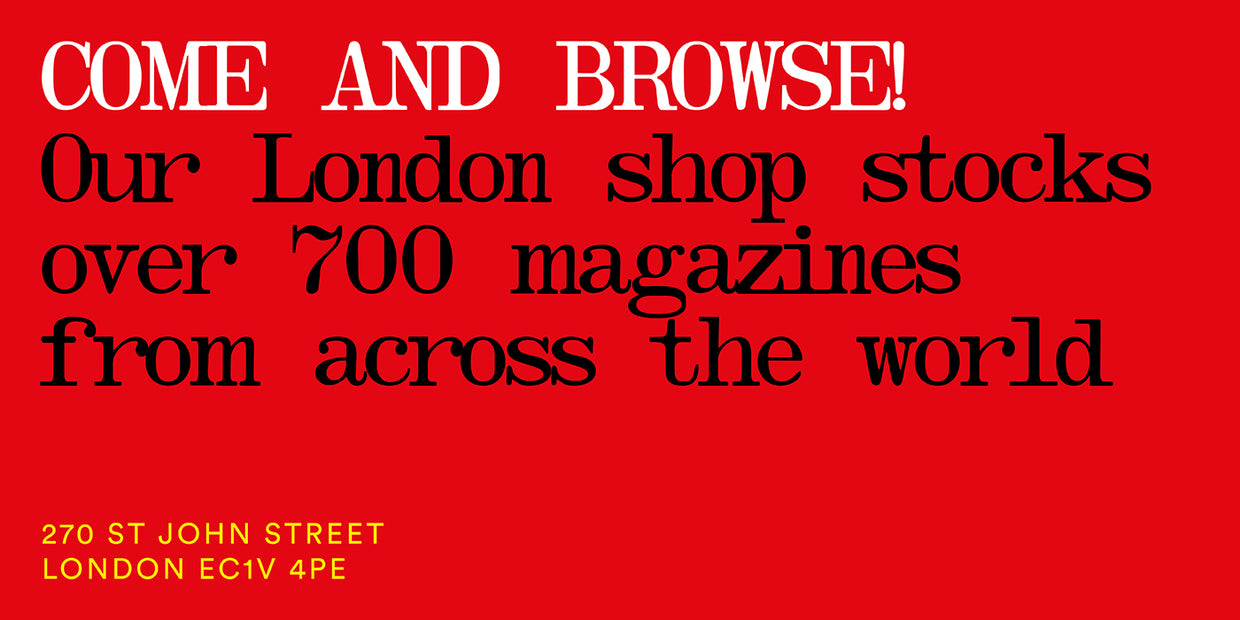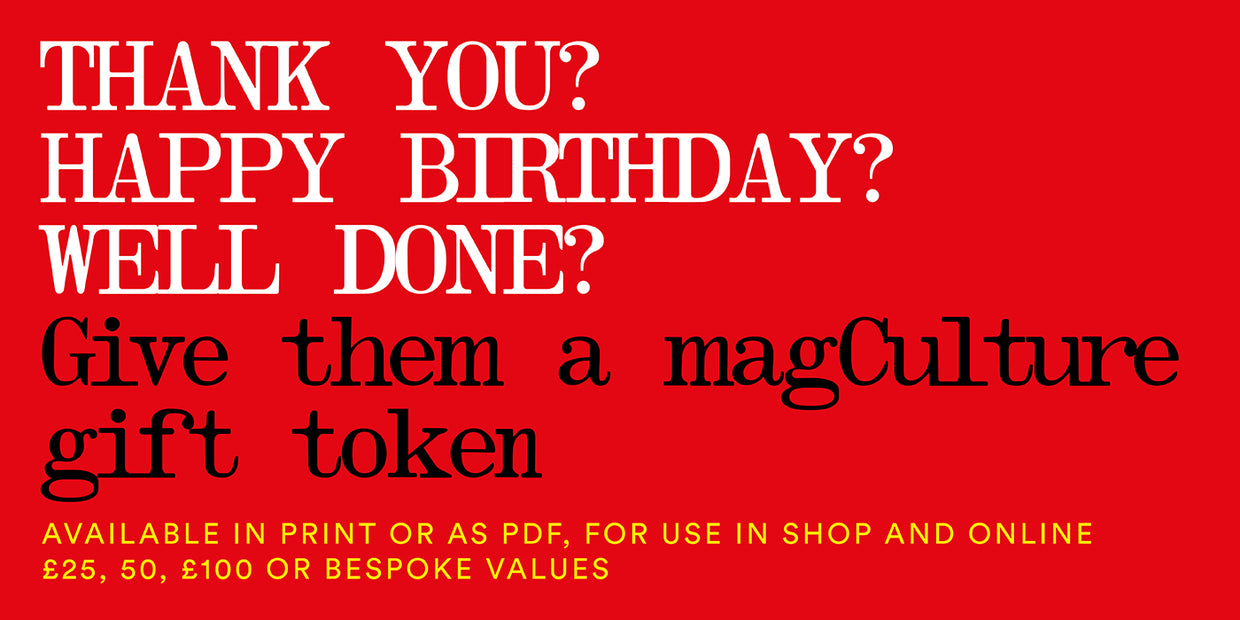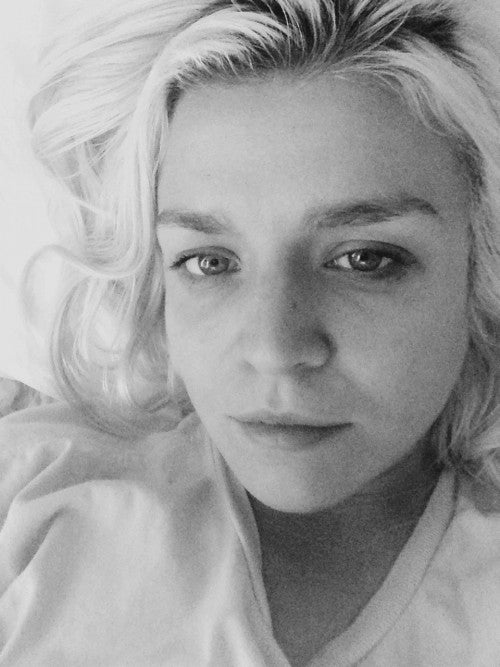
At work with: Hanna Hanra, Beat
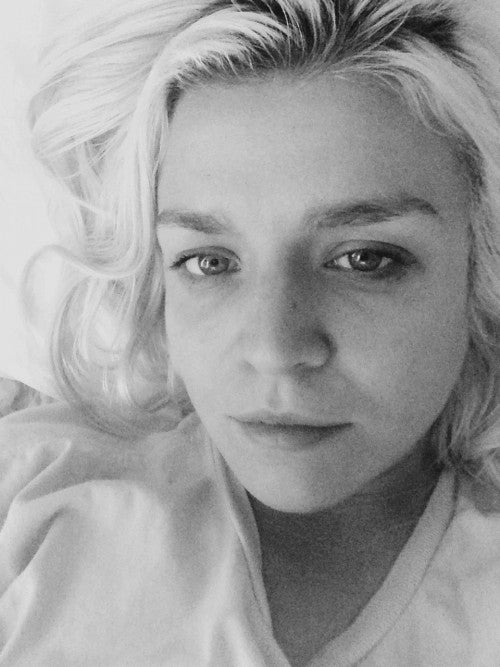
Hanna Hanra edits Beat, the quarterly music magazine distributed free in records shops, music venues, clothing stores and restaurants around the world. The publication began showing up in the likes of Rough Trade and Sister Ray in 2010, noticeable for its colourful covers and emphasis on contemporary style and photography over pop nostalgia. As well as making the magazine, Hanna writes for the likes of The Guardian, Vogue, GQ Style and The Sunday Times, and has spent many evenings DJing in various clubs worldwide. We start the week off speaking with Hanna after the release of issue 14 of Beat.

Where are you today?
I'm in my office in Dalston. The window is open and the blind is right down because without it I am dazzled by the daylight. So here I am, in the semi-dark with the window open trying to drown out the sound of the drilling that's happening somewhere below.
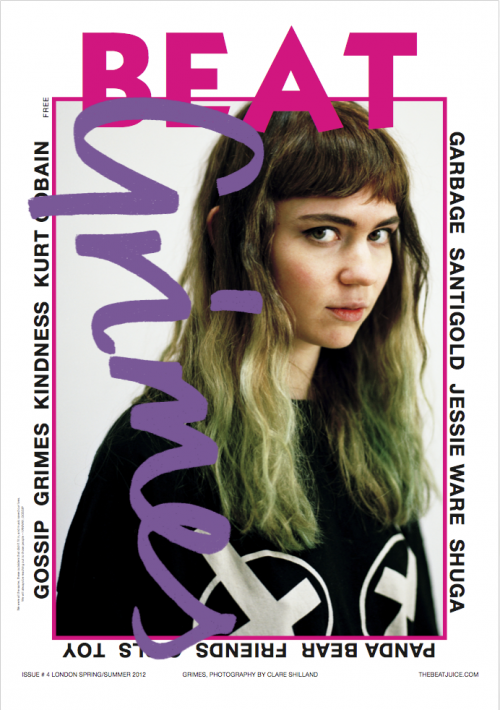
What can you see from the window?
Well, the blind is down, but if it was open I would see the back of the building I work from. I’ve been here for eight years – I used to have a windowless basement room that was basically like a teenagers bedroom. The walls were covered in bits and posters and pictures and nick-nacks, but with time – and the opportunity to have a room with natural daylight – I decided to move. There’s loads of other people in this building too, most recently a bakery opened and I've very much enjoyed having a fresh loaf of sourdough delivered to my mailbox every week.
Are you a morning or evening person?
I used to be an evening person, when I would DJ every night of the week, and if I wasn’t DJing I would go out anyway, but with age I seem to have morphed into a morning person who goes to bed early. Now I like to wake up, have a coffee, I try to go to the gym and be in my office for 10.30 – I’m definitely most productive in the morning. I usually hit a wall by four.

Which magazine do you first remember?
My first magazine was World which was the kid's version of National Geographic. I had a subscription – it was literally the best thing ever. When I got a bit older I read Melody Maker, NME, Smash Hits, Just 17, Vogue and The Face. I had them all in my bedroom in a big papery pile.
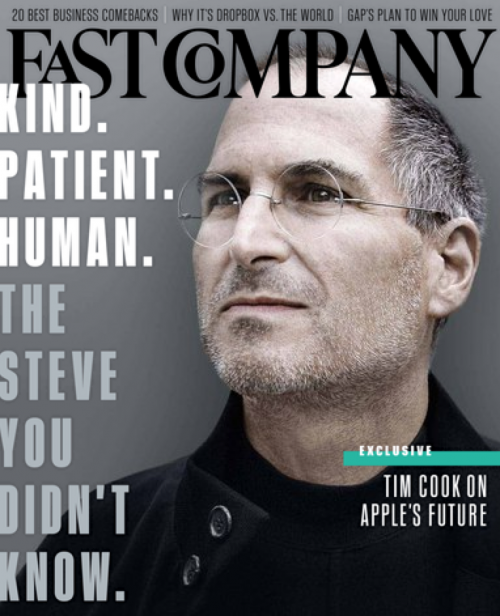
What’s your favourite magazine this morning?
Today I love Fast Company. I was on a flight from Copenhagen last week and read a copy of it from cover to cover and can't stop thinking about it. It’s interesting to me because as well as the creative, editorial side of the magazine, and everyone involved in that, there is also the whole business side to consider. These days you have to be more than a magazine, and more than a brand, you have to be a business too – and if you come from a creative background, like I do, that's always going to be a bit of a learning curve – but it's ok to make mistakes, everyone does! And it's interesting to read how other people in other businesses approach similar problems that I have met, such as the supply and demand chain and distribution.
I also really love The New Yorker – I read it in bed over the weekend before everyone else wakes up.

What’s your favourite band this morning?
A band called Songhoy Blues. They're a desert punk/ blues band from Timbuktu. I love their album – Nick Zinner from the Yeah Yeah Yeahs produced it. It's absolutely genius.

Beat is one of the few independent music magazines today, why do you think that interest in the magazine has grown whilst other music publications have been declining?
Well, I guess we are very different from other magazines – and especially other music magazines. I love music, photography and interviews. And I want to make something that reflects all of those things. Beat is a really small team – every contribution comes from the heart. I’ve been really lucky – some amazing photographers have shot for us – but the most important thing is that it doesn’t take itself too seriously. It has to feel inclusive. Skinny Girl Diet – the band on our current cover – are managed by their dad. He told me that he loves the magazine, as do the band.

The tone of Beat is very different from traditional music publications from the past. Do you try to build off old ideas of what a music magazine is, or are you trying to develop a new format?
I’m not developing a new format, but certainly when I started I didn't want to do the traditional, ‘front section, larger feature, main feature’ thing. I wanted people to have the space they deserved, and for images to be as important as text – and as the musician themselves. I guess you could call it a style magazine that features musicians if you really had to. But then the music in each issue is just as important as the photography.

What makes a Beat cover?
God! I don’t know. The covers are always kind of simple and stripped back. Because the magazine is so big it would be easy to shove loads of text on there, but I like it to be clean, just with the necessary details. As to deciding the cover star – sometimes I’ll find a band and just know, like with Skinny Girl Diet and Warpaint, who were issue one (above), and The Preatures, and sometimes it's someone who just feels like it’s their time, like Jessie Ware – and sometimes it’s someone who you've always wanted on the cover like Josh Homme and Brody Dalle. There’s no real formula. I wish there was!
What are you most looking forward to this week?
We have loads happening this week. I’m doing a talk with It’s Nice That at Somerset House on Wednesday about music videos, we’re launching a limited edition cover with a toast at Claire de Rouen books on Wednesday, then Friday I’m going to Scotland. Next week we have an event in Berlin with Luke Howard from Horse Meat Disco. I’m also really looking forward to planning the summer issue. It comes around so quickly.
What are you least looking forward to this week?
Walking around with my roots needing to be done. They're fine and then all of a sudden they look not fine. And of course, it's always hard to find the time. Ugh!
What will you be doing after this chat?
Making an espresso and doing emails – I do them like this – read them, ignore them, if I remember to reply then they must be important. I know that's probably a bad way of doing them…
